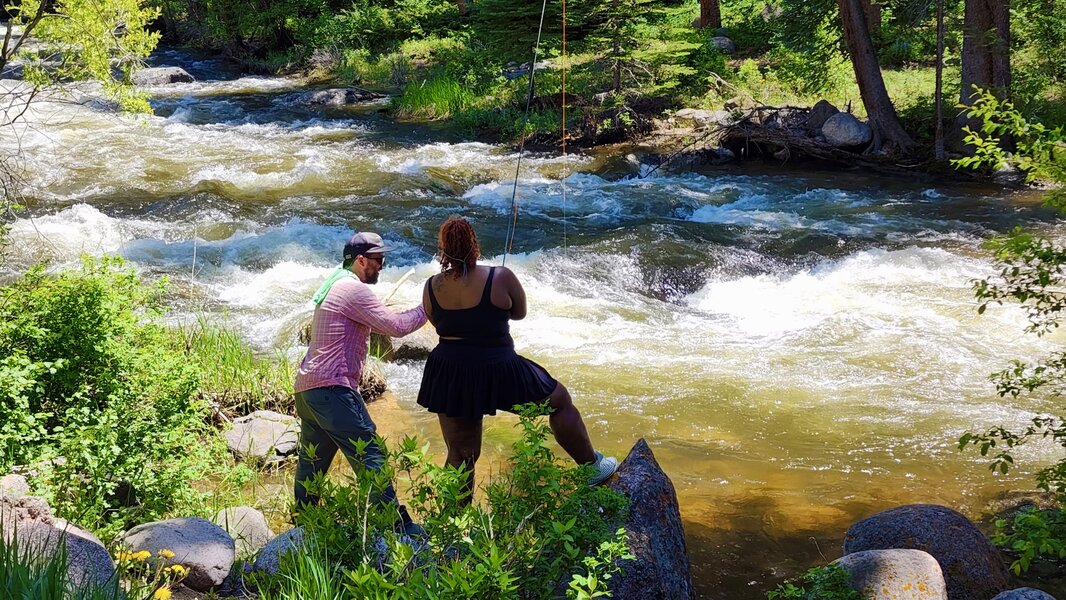In recent years, there has been a growing movement to assert that outdoor spaces and public lands belong to everyone, regardless of socioeconomic status or background. This movement challenges the notion that access to nature and recreational areas should be restricted or exclusive, emphasizing that these spaces are a shared resource vital for community well-being and environmental stewardship.
Historically, many outdoor areas, parks, and natural reserves have been perceived as privileges reserved for certain groups, often influenced by economic or social barriers. This perception has led to disparities in access, with marginalized communities facing obstacles such as lack of transportation, inadequate facilities, or restrictive policies that limit their ability to enjoy these public spaces.
Advocates argue that outdoor recreation should not be a privilege but a right. They emphasize that access to nature can promote physical health, mental well-being, and social cohesion. Initiatives aimed at increasing inclusivity include the development of community-based programs, the removal of barriers to entry, and policies that prioritize equitable distribution of resources and opportunities.
However, challenges persist. Land use conflicts, privatization efforts, and political debates over public land management continue to threaten the accessibility of these spaces. Some private interests seek to restrict access or monetize public lands, further marginalizing underserved communities.
Efforts to combat these issues involve grassroots activism, policy reforms, and collaborations between government agencies, nonprofits, and local communities. Campaigns such as "The Outdoors Belong to Us, Too" aim to raise awareness and mobilize support for equitable access, emphasizing that nature should be a shared resource, not a commodity for the few.
As climate change and urbanization accelerate, the importance of accessible outdoor spaces becomes even more critical. They serve as essential refuges for biodiversity, climate resilience, and human health. Ensuring that everyone can enjoy these natural resources is a moral and practical imperative for a more just and sustainable future.
In conclusion, the movement to reclaim outdoor spaces for all underscores the fundamental belief that nature and public lands are a collective heritage. Protecting and expanding access requires ongoing advocacy, policy change, and community engagement to ensure that the outdoors truly belong to everyone.
